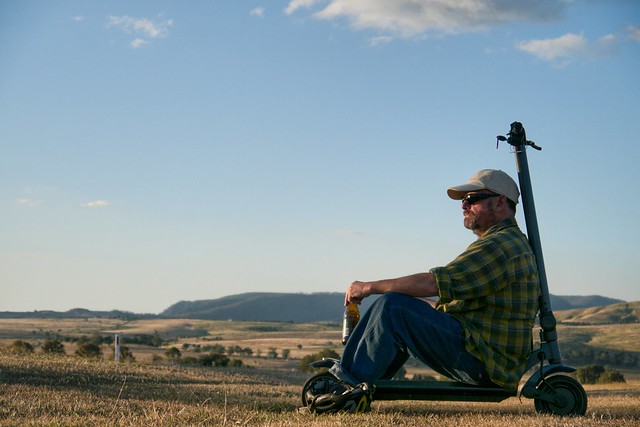Hi
and Goodmorning from Australia
Hii everyone, I wanted a forum to connect with many of you and hopefully try to find people with similar experiences.
I am 25
well as you probably spotted in hospital there are far more people having OHS at much older ages. I had my first one when I was about 10, my second at about 28 and my third at about 48. I'm now about 57
The valve recommended at my age was mechanical valve and it has been 3 weeks since my operation. I just feel a bit weird knowing that I have to take blood thinners for rest of life. I mean, I understand i have to maintain a recommended INR and that I am going to do ( Along with all other restrictions of Warfarin).
3 weeks huh, well do keep following all the directions they gave you. Warfarin is nowhere near as bad as they may lead you to believe. I suspect they do all that to use fear to make you compliant (which means following the directions of taking it). You should take that seriously but as everyone has said if you do it then you will be fine.
Now there is another Australian goes by the name of
Poyda here. He's not real active as a member here but he's about your age (IIRC he was 27 at OHS, I'll ask him when he wakes up {South Australia is on a more Westerly Time Zone to Queensland and its about 5:45am here now}).
He reached out on the forum with issues of managing his INR due to the antibiotics (as you'll find in his bio that I linked above) and I began helping him manage himself back in 2019 IIRC.
As that implies I'm one of those who does full self testing and self management and so is he. Its actually pretty simple and I have developed a system to make it even simpler. Reach out by message here if you want to work together on that or just chew the fat on your situation.
So first off the bat I'd like to share my blog post on managing your INR and indeed dispelling some of the myths about warfarin
http://cjeastwd.blogspot.com/2014/09/managing-my-inr.html
That's quite long and contains a lot of useful information, so I recommend you just bookmark it and go back to it each time you feel like reading it. I would be impressed if on first read you got 10% out of it.
Poyda is a typical young bloke, goes to football, works, drinks and whatnot. A typical excahange between us now on WhatsApp goes like this:
I don't try to talk him out of being a youth, but I do safeguard him.
However make no mistake, if you fool around with INR and don't pay attention to it it will bite you:
https://www.valvereplacement.org/th...-compliance-with-an-on-x-aortic-valve.888128/
So like I say on another of my warfarin / INR management blog posts:
BUT: Don't fcuk with this stuff if you don't have a clue. You may get hurt, and that hurt may be permanent. Instead get a clue and start by having a read my other posts on INR management (use the INR tag in the tag list) keeping records and being on top of your own health. Reach out to me for assistance if you wish.
Anyway looking after your health is generally an excellent idea which young people usually ignore and discover when they become old people (you know it goes that way right? We get old ... I was 21 once too). For example when I was a kid (first OHS at 10 right) I was very aware of the need to focus on my health. To me that meant
- living right (exersize and stuff)
- eating right (proper food, no bull$hit)
- not smoking
- boozen in sensible proportions
Now all my cousins are pretty much stuffed. Overweight, bad diabetes outcomes ... if you saw them in the supermarket you'd think "wow, that guy is stuffed"
My life has been pretty good (you can explore a bit of it on my blog Eg
Finland). But I'll finish off here with the following. Self testing and self management has allowed me and my little tester to travel at will. I've been back and forward to Finland (which is a bloody long flight from here 26 hours in the air usually and 36 door to door) a few times where I XC Ski (not since 2018 sadly thanks COVID, I'm looking at you) and generally hang out.
So rather than talk about what I normally do (outside of working), its stuff like this at the moment:
So in summary life after OHS is probably better for many than if they'd never had OHS.
Enjoy

















